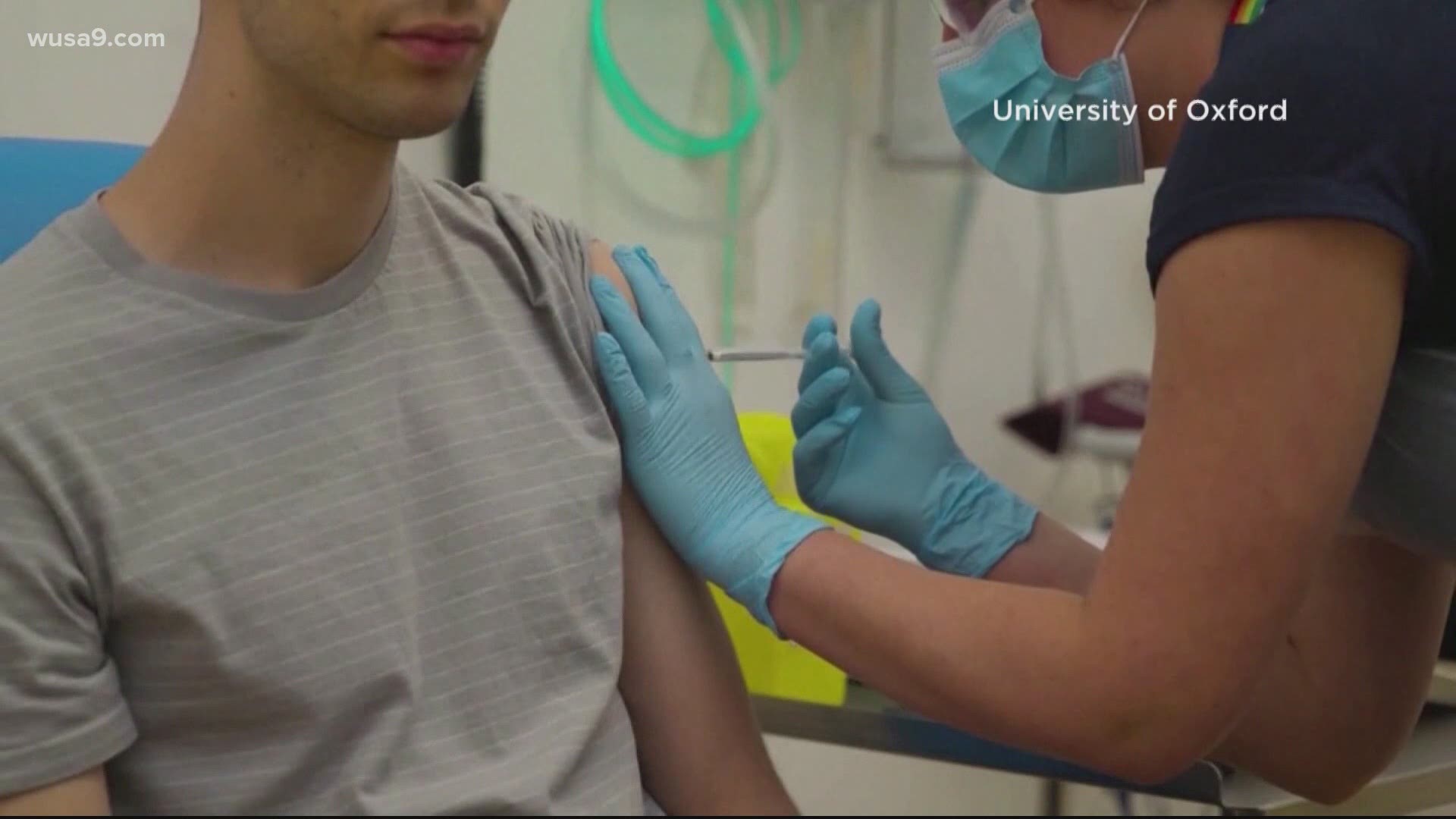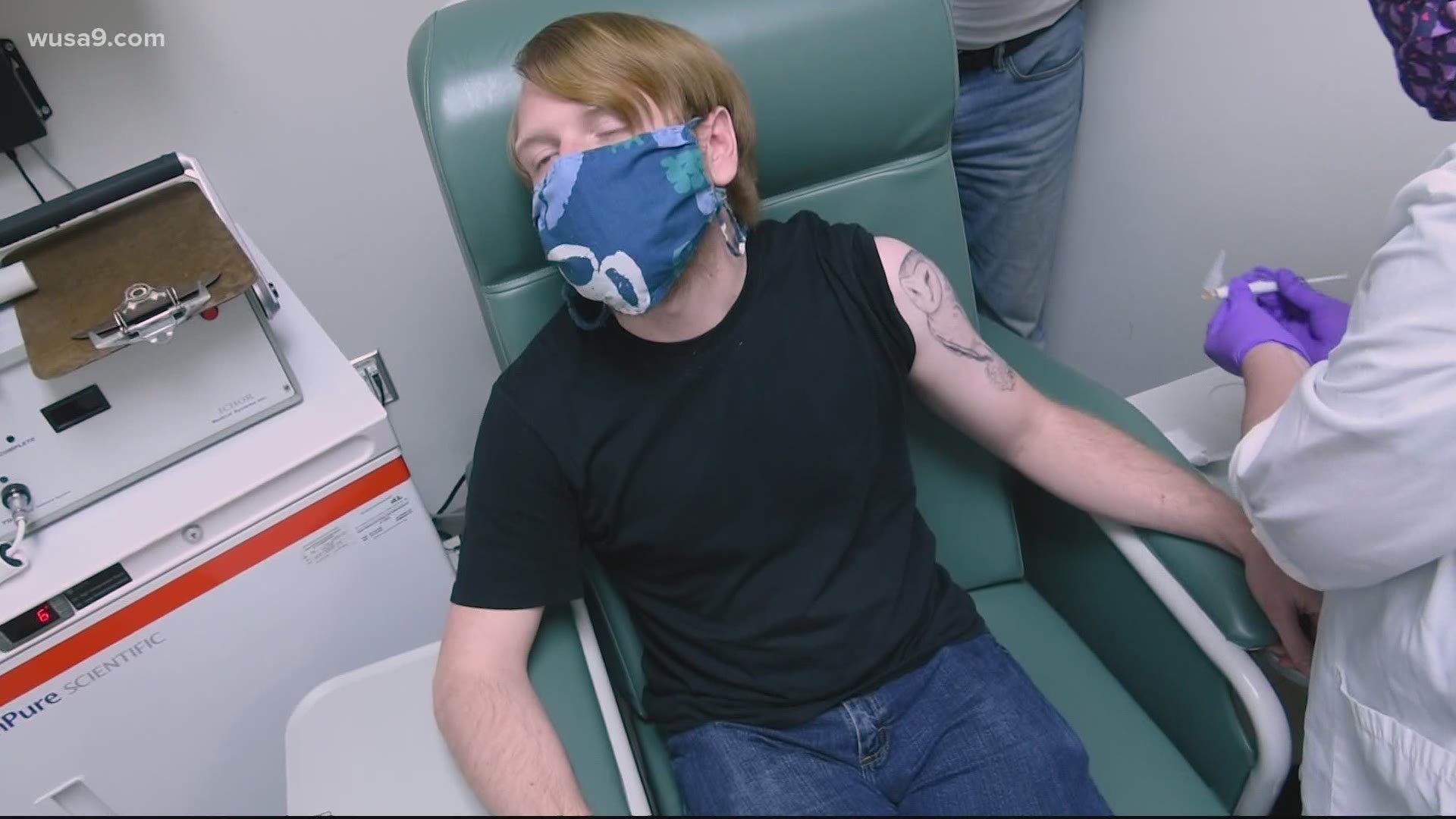WASHINGTON — There has been a lot of work in getting a vaccine developed in record time, but there are still challenges.
The companies currently doing trials have not been able to recruit a diverse enough group of people to participate, according to some reports.
Dr. Wayne Frederick, president of Howard University, co-authored an opinion article in The New York Times calling for equitable participation in COVID-19 vaccine trials.
Dr. Frederick is widely known as a medical researcher, physician, and an expert on disparities in healthcare.
He said more needs to be done to achieve true diversity in clinical trials and that lives depend on it.
“There has been unprecedented collaboration that has really moved us along at a significant speed,” Dr. Frederick told WUSA9.
Dr. Frederick is encouraged by the early results in the coronavirus vaccine trials but is concerned by the lack of diversity among volunteers.
Data shows people of color and Black Americans specifically have been disproportionately affected by COVID-19 as victims dying at a higher rate compared to their white counterparts.
While companies doing trials have not fully released participants’ demographic breakdowns, Moderna reported 27% of participants from communities of color.
“The pandemic has adversely impacted African-Americans. So, it means that if you are going to come out with a vaccine to provide immunity to African-Americans you want to make sure that you want to test its efficacy to that patient population,” Dr. Frederick said. “You have to include African-Americans in order to prove that this is safe and also effective.”
The numbers from Moderna are an improvement from most studies which typically only recruit 5% of African-American people to participate, according to Clinical Research Pathways.
Dr. Fredrick said there are many reasons why Black people do not typically participate in clinical trials.
“It primarily comes from a history of mistrust of the government, everything from the Tuskegee incident in which African-American men were actually given syphilis and denied treatment against their knowledge,” he explained. “The other issue is that we’ve politicized this issue around the vaccine. That, again, adds another layer of mistrust.
Dr. Frederick told WUSA9 it is important for doctors to know how the vaccine will affect Black bodies, especially those living with underlying health conditions.
He said it is up to companies, the government and physicians to rebuild trust between Black Americans and medicine.
“Those health inequities that exist – we must start changing them,” Dr. Frederick added.


